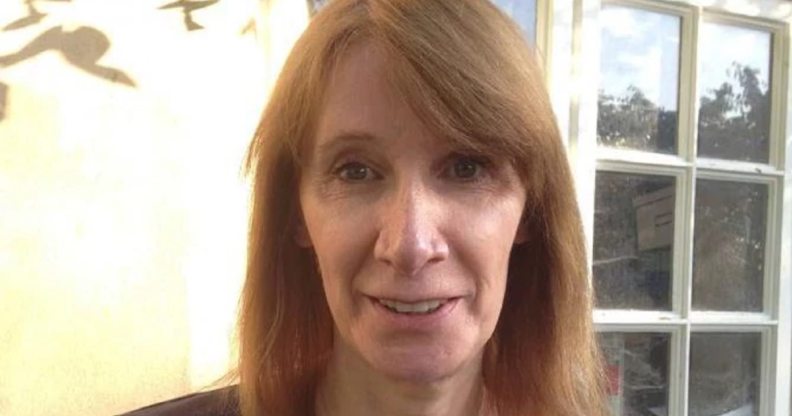Transgender Tour de France winner: I was shouted at on the streets while transitioning

Former Tour de France winner Philippa York has opened up about her transition to female.
The athlete is one of Britain’s most successful cyclists of all time, winning the King of the Mountains competition in the 1984 Tour de France.
Once a well-known cyclist, York abruptly disappeared from public life in the year 2000, fuelling rampant tabloid speculation about her gender and even a book, ‘In Search of Robert Millar.’
She came out as transgender last year as she re-emerged as a cycling pundit.
In an interview with the Telegraph this week, York opened up about her struggles transitioning more than a decade ago.

She told the newspaper: “In early transition, when my presentation was not as good, I would receive abuse on the street. I would think about where I was going to go. I would think about my personal safety.
“People would shout at you and the attitude would be: ‘What do you expect?’ You would also hear that from authority but there has been a big change in the last five years. People are now saying that is not all right.”
York added that the abuse inspired her to work with with the Equality and Human Rights Commission to bolster trans acceptance.
She said: “I don’t want my children to grow up in that other kind of world.
“It’s not about making my life better, it’s about making everybody’s lives better and the only way it will change is by education.”
Of living as a man, the cyclist said: “I’d completely had enough of that. It was making me deeply unhappy.
“I didn’t hate myself, [but] the whole level of unhappiness wasn’t worth trying to continue to pretend that I was going to fit into what everybody expected of me.”
She added: “[Gender dysphoria] is a deep-seated thing which says that the role you are seen as is one that every part of your brain is telling you isn’t right.
“I’d lost the plot. I can see now that I’d already made the decision that I wasn’t going to die an old man but the reality that I wanted to see could only be achieved with difficulty. It’s fairly horrible.
“There was no easy way of becoming Philippa.”
The cyclist came out in a note to fans last year.
She wrote: “I, and those around me, embarked upon [a journey] at the start of this millennium. The outcome of that journey has meant that for a considerable time now I have lived as Philippa.
“As much as I’ve guarded my privacy over the years there are a few, I believe obvious, reasons to why I haven’t had a public ‘image’ since I transitioned.
“Gratifyingly, times have moved on from ten years ago when my family, friends and I were subjected to the archaic views and prejudice that some people and certain sections of the tabloid media held.”
She added: “Thankfully gender issues are no longer a subject of such ignorance and intolerance, there’s a much better acceptance and understanding.
“The steps taken over a prolonged period under the watchful eye of the medical profession to complete the transition from one gender to another can be difficult and are always only taken after much soul searching and anguish.
“And, although the end result is seen as a happier, more stable place, the emotions encountered to get there make for some very vulnerable periods.
“While there has been some speculation concerning my gender over the past decade, perhaps it’ll now be better understood why unwelcome and unasked for intrusions into that transition have been damaging not only to myself but to those I love.
“Thankfully the people in my family who I cherish have since matured and grown into strong and independent individuals, therefore the need to protect them has lessened.
“This, combined with their support, encouragement and the shift in modern society’s attitudes, means that this will be a step forward for everyone.”

